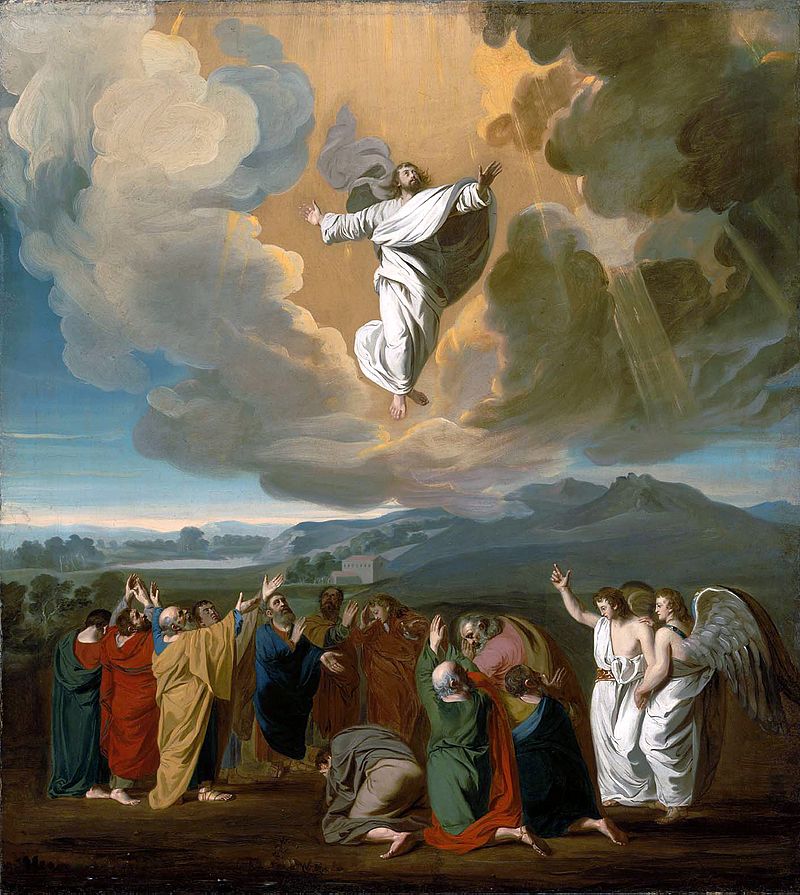Note: If you wish to receive, via e-mail, (1) my weekly newsletter or (2) daily copies of these posts, notify me at rrbates1951@gmail.com and indicate which you would like. I promise not to share your e-mail address with anyone. To unsubscribe, send me a follow-up email.
Spiritual Sunday
Today being Ascension Sunday, I share John Donne’s “Ascension.” It is part of a seven-part sonnet sequence known as “La Corona” or crown, with each sonnet seen as a jewel in the heavenly crown. The jewels are “Annunciation,” “Nativity,” “Temple,” “Crucifying,” Resurrection,” and “Ascension,” along with an introductory sonnet.
To emphasize their connectedness, the last line of each sonnet furnishes the first line of the next one, and very last line of the sequence repeats the first, thereby joining the whole in a heavenly circle or crown.
Donne plays with the crown imagery in the first sonnet. The crown of thorns becomes a crown of glory, and what seems to be an end becomes the beginning of “endless rest”:
Thy thorny crown gain’d, that give me,
A crown of glory, which doth flower always.
The ends crown our works, but Thou crown’st our ends,
For at our ends begins our endless rest.
One finds a similar reversal in “Ascension,” with tears giving way to joy, dark clouds growing light, a strong ram becoming a mild lamb, and blood turning into a bright torch:
Salute the last, and everlasting day,
Joy at the uprising of this Sun, and Son,
Ye whose true tears, or tribulation
Have purely wash’d, or burnt your drossy clay.
Behold, the Highest, parting hence away,
Lightens the dark clouds, which He treads upon;
Nor doth he by ascending show alone,
But first He, and He first enters the way.
O strong Ram, which hast batter’d heaven for me!
Mild lamb, which with Thy Blood hast mark’d the path!
Bright Torch, which shinest, that I the way may see!
O, with Thy own Blood quench Thy own just wrath;
And if Thy Holy Spirit my Muse did raise,
Deign at my hands this crown of prayer and praise
The image of Jesus as a strong ram brings to mind one of Donne’s best known sonnets (#14), which opens with the line, “Batter my heart, three person’d God.” There Donne laments that his heart is so hardened that God will only be able overcome the resistance by battering down the gates. Now Donne wants Jesus to batter down the gates of heaven so that the poet can follow him through.
Yet Jesus then shifts from ram to lamb: “Mild lamb, which with Thy Blood hast mark’d the path!” This sacrificial blood has quenched God’s wrath and has become a guiding light to be followed. Meanwhile, the Holy Spirit—the advocate that Jesus promised his followers—will move within the poet, leading to this poetic crown of prayer and praise.
Conclusion: a mild lamb and a bright torch fare better with the Holy Spirit than a strong ram.


